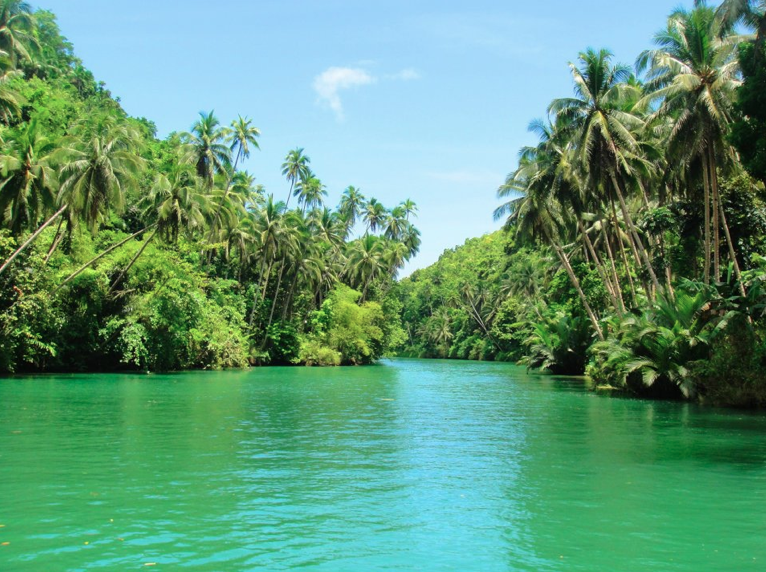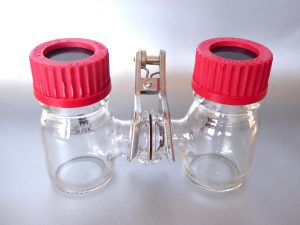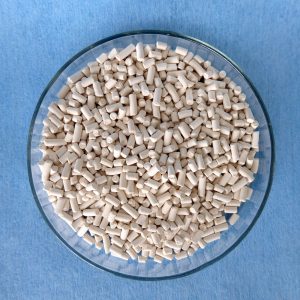
Algae store CO2 but also release it. Some of us may know that. However, so far it was unknown that algae may release additional CO2 due to global warming. That’s what researcher Chao Song and his colleagues of the University of Georgia in Athens, GA, found out.
As they published in the journal Nature Geoscience, the metabolism of algae and other microbes is accelerated by higher water temperatures in large streams. This could lead to some rivers releasing more CO2 than they do now. This could, in turn, further accelerate global warming. Although photosynthesis in algae would accelerate, plants along the river banks would be even faster. Decomposition of the plant material would immediately release the so fixed CO2. With extra nutrients from plants, competing microorganisms would overgrow the river algae or the algae would degrade the plant material themselves.
To calculate the CO2 net effect, scientists monitored temperature, dissolved oxygen, and other parameters in 70 rivers worldwide. Then they used their data for computer models. These models suggest that over time, accelerated photosynthesis in some rivers may not keep pace with plant growth. This net increase of 24% of the CO2 released from rivers could mean an additional global temperature increase of 1 °C.
However, the computer model still lacks some data. For example, the sedimentation rates are not taken into account. In addition, not all banks grow plants. Many rivers pass only sparsely vegetated land. As always, more research is needed to get better answers.
(Photo: Wikipedia)




